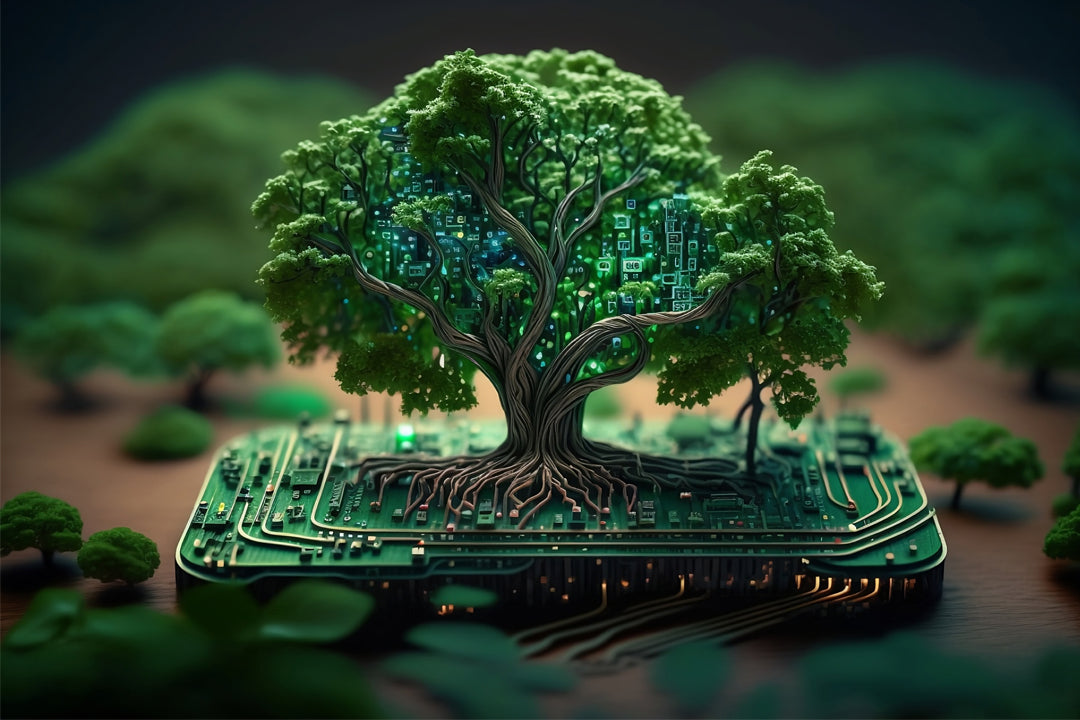

Innovative Green Technologies Shaping Our Future
As the realities of climate change grow increasingly apparent, the urgency of finding sustainable solutions has never been more evident. Thankfully, innovative green technologies are emerging across the globe, offering hope for a sustainable future. Here's a look at some of the cutting-edge green technologies shaping our future.
1. Advanced Solar Technology
Solar power isn't new, but continuous advancements are making it more efficient, affordable, and widespread. Perovskite solar cells, for example, promise to be cheaper and more energy-efficient than traditional silicon cells. Moreover, innovations like solar glass and solar fabrics are opening new realms of possibility for where solar power generation can occur.
2. Energy Storage Systems
As renewable energy sources like solar and wind become more prevalent, efficient energy storage is vital. Innovations in battery technology, such as solid-state and flow batteries, provide more efficient, safer, and cost-effective energy storage solutions.
3. Carbon Capture and Storage (CCS)
CCS technology aims to capture carbon dioxide emissions from significant point sources, such as fossil fuel power plants, and store it underground to prevent its release into the atmosphere. While still in development, advancements in this technology could play a crucial role in reducing global carbon emissions.
4. Green Hydrogen
Green hydrogen, produced by splitting water into hydrogen and oxygen using renewable energy, is gaining attention as a clean fuel source. It can be used in sectors challenging to decarbonize, like transportation, heating, and heavy industry.
5. Vertical Farming
Vertical farming involves growing crops in stacked layers, often in controlled indoor environments. It utilizes LED lighting and precise hydroponic or aeroponic methods, using significantly less water and space than traditional farming. As our population grows and urbanizes, vertical farming could help meet our food demands sustainably.
6. Plant-Based and Lab-Grown Meats
The meat industry is a significant contributor to greenhouse gas emissions. Plant-based and lab-grown meats offer more sustainable alternatives without sacrificing the taste and texture of traditional meat. These technologies have made significant strides in recent years and are set to impact our food system substantially.
7. Smart Grids
Smart grids use digital technology to manage electricity demand sustainably, reliably, and economically. They can integrate renewable energy sources, optimize energy use, and reduce outages.
8. AI for Climate Modeling and Conservation
Artificial Intelligence (AI) predicts climate patterns, optimizes energy use, and even assists wildlife conservation. For instance, machine learning algorithms can identify trends and predict climate change impacts, informing mitigation and adaptation strategies.
Conclusion
While climate change poses a significant challenge, innovative green technologies present a beacon of hope. These technologies, policy changes, and individual efforts can steer us toward a sustainable and resilient future. As we continue to innovate and adapt, the prospect of creating a cleaner, greener world becomes increasingly achievable.
Our ElectroDust™ Washable Air Filter
ElectroDust filters provide higher than industry average air quality and are built to higher standards. Our environmentally friendly filters allow you to wash and re-use them over a ten-year lifespan. After just ten months of using our filters, you will begin to realize savings. Furthermore, because ElectroDust filters are more efficient at capturing dust and foreign particles, you won’t require duct cleaning as often, saving you even more money. Less dusting means a healthier home.
